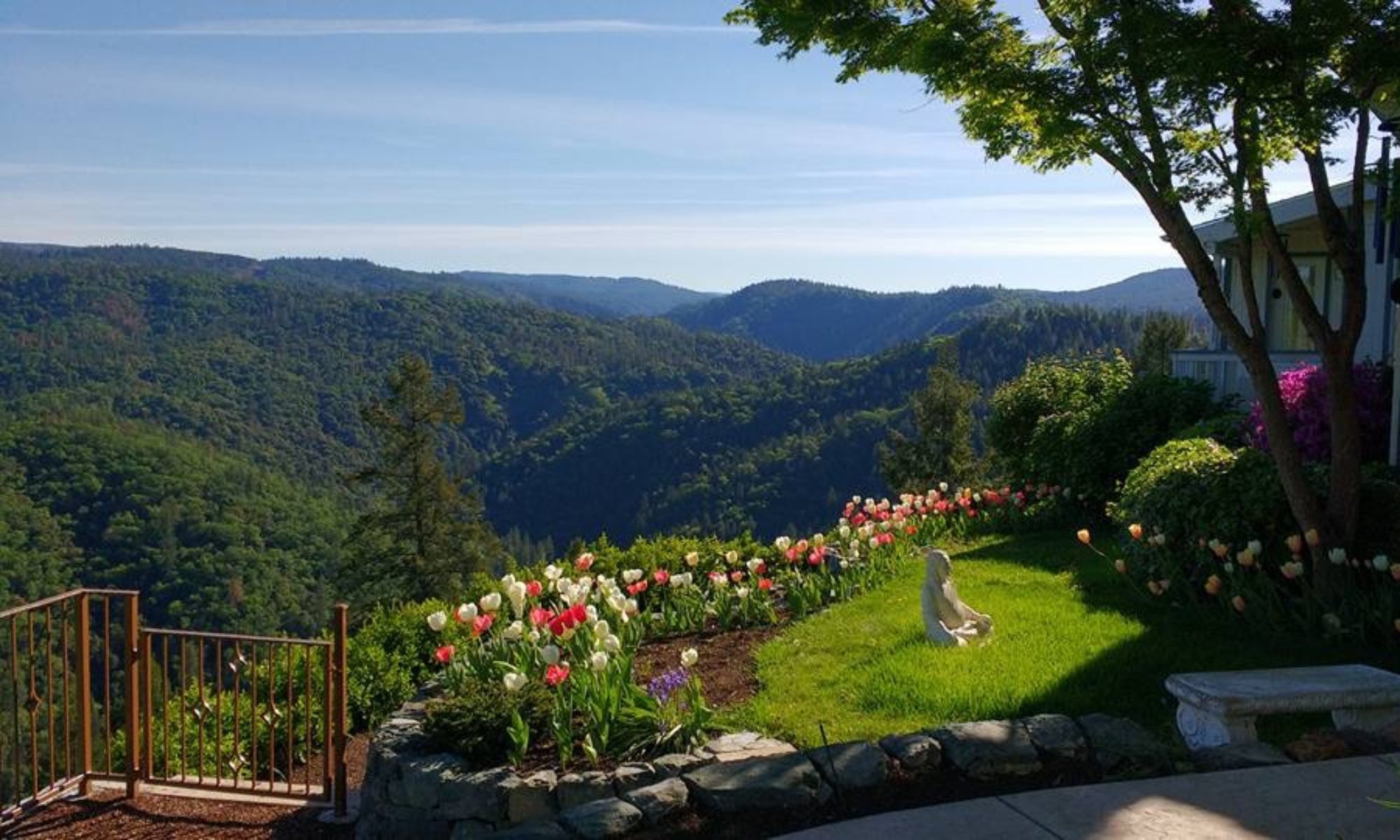
What I realize is that there are some fundamental differences in the experience of those of us who got hooked on music very early in life vs those who were drawn to participate in music after they found themselves at Ananda.
Personally, I was chomping at the bit to play piano when I was seven years old, with lessons getting under way at eight. By the age of eleven I was playing flute — in band and in duets with my best friend (Suzanne Maria Lavinia Tharp!). In a few more years I had added saxophone and was playing and touring with jazz bands. Orchestral experience didn’t come until senior year of high school, but soon enough I had abandoned the saxophone and was concentrated entirely on building a career as a classical flutist.
But the point I want to make is that starting way back in primary school, I was absorbing the principles mentioned in yesterday’s blog post. Throughout countless hours of practicing, rehearsing, listening, and performing, no one had to explain the importance of “making music together” as opposed to “playing music at the same time”. I just naturally learned to extend my “antennae” and feel it from another musician’s perspective.
Bit by bit, as I gained in experience and musical maturity, I was able to play with ensembles where we truly were like the cake ingredients: blending and blending until we were able to transcend and then merge our individual identities so they could transform into that wonderful something more.
I believe this is a major part of why musicians tend to find ourselves so deeply bonded to those with whom we “make music.” Unfortunately, when we first start out we usually don’t understand transcendence; we don’t understand that the thrill of forgetting our little selves is due to catching a glimpse of the potential for oneness that is our true reality.
Instead we get fixated on the person or people with whom we bonded through our shared experience. All too often to our detriment.
To be continued yet again (have to rush because the power’s about to go out!)…
